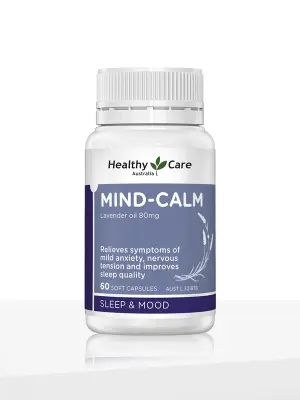
How Stress Affects Your Gut – and What to Do About It
Feeling anxious or overwhelmed? You’re not alone — and your gut knows it too. In Bangladesh, chronic stress is affecting digestive health in ways most people don’t realize. This guide explores the science behind the gut-brain axis and how emotional stress can trigger gut problems like bloating, constipation, and IBS.
How Stress Affects Gut Health
The gut and brain are deeply connected via the vagus nerve. When you're under stress, your body shifts resources away from digestion — slowing down gut motility, altering gut bacteria, and increasing inflammation. This leads to symptoms like:
- 😖 Bloating, gas, and indigestion
- ⛔ Constipation or irregular bowel movements
- 🧬 Disruption of good gut bacteria
- 🧠 Mood changes linked to gut imbalance
- 🛌 Poor sleep and immunity due to gut stress
Best Supplements to Support Gut During Stress
You can’t always avoid stress — but you can support your gut with natural tools. Probiotic blends, detox support, and stress-reducing adaptogens help rebuild gut balance and reduce inflammation.
🧘 Healthy Care Super Lecithin – 1200mg
- Supports liver and gallbladder function
- Improves fat digestion and reduces bloating
- Useful for stress-related digestive sluggishness
😌 Healthy Care Mind Calm – 60 Capsules
- Reduces cortisol and nervous tension
- Promotes gut-brain harmony and relaxation
- Supports digestion during high-stress periods
Explore Related Guides
FAQs – Stress & Gut Health in BD
Can stress really affect digestion?
Yes. Chronic stress disrupts digestive enzymes, slows bowel movement, and alters gut flora — leading to discomfort and poor absorption.
How long does it take to restore gut health after stress?
With the right diet and supplements, most people see improvement within 4–6 weeks. Consistency is key.
Can probiotics help with stress-related gut issues?
Yes. Probiotics can rebalance the gut microbiome, reduce inflammation, and even improve mood via the gut-brain axis.






